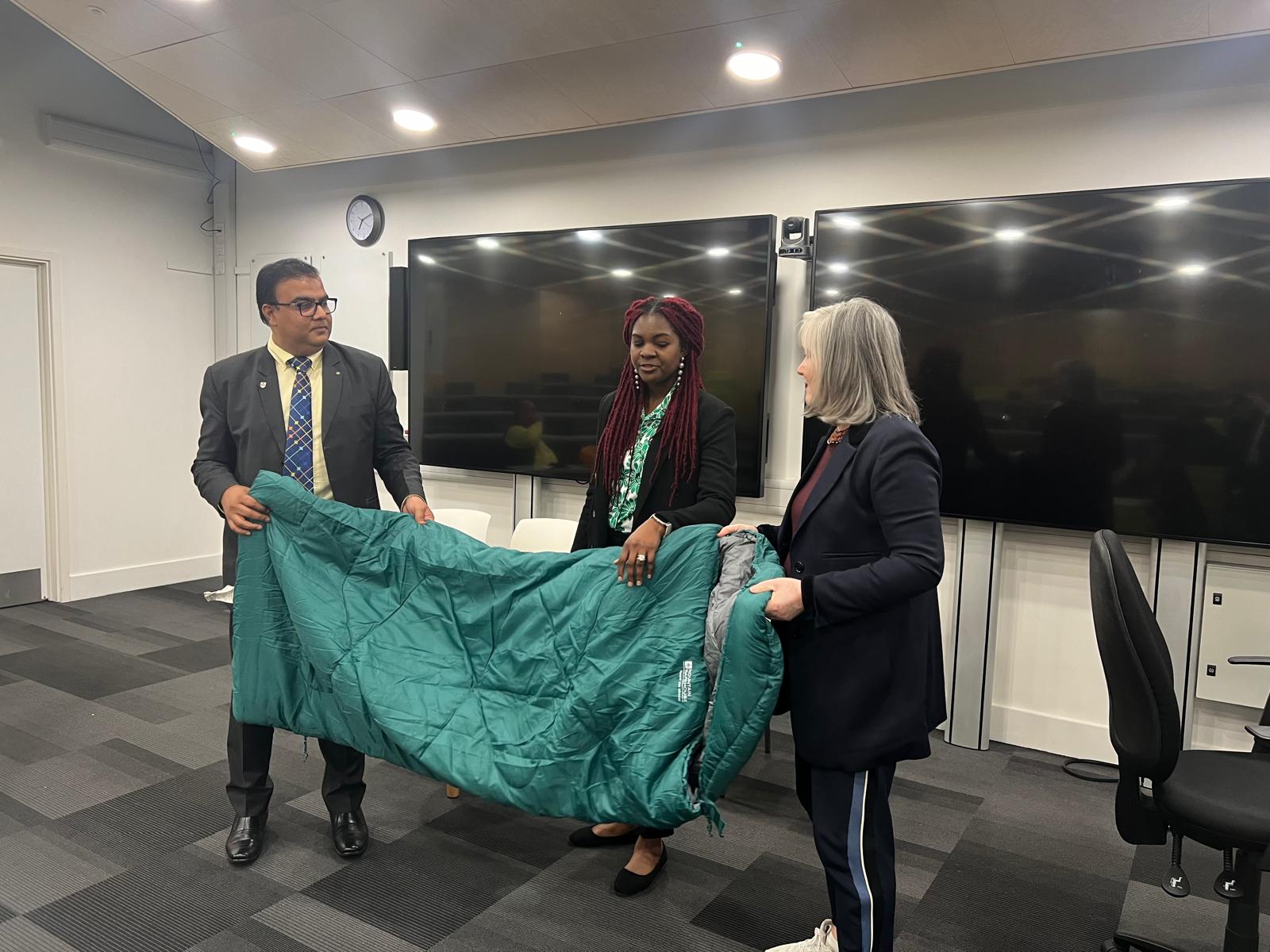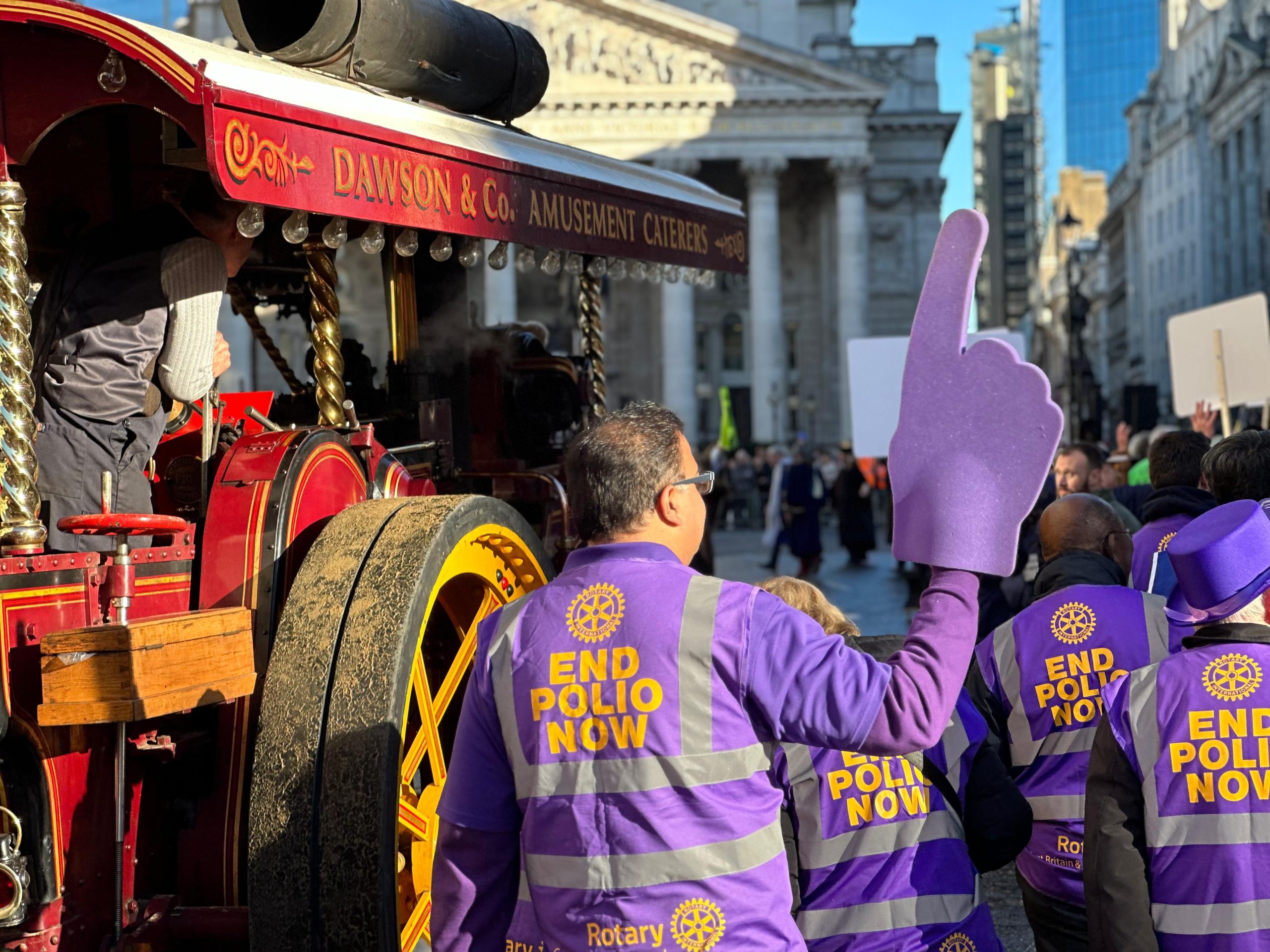London is one of the most diverse cities in the world, a place where cultures, languages, and traditions converge to create a vibrant and dynamic community. This richness is London’s greatest strength, but it also requires thoughtful and inclusive leadership to ensure that everyone feels valued, heard, and represented. Inclusive leadership is not just a buzzword; it’s a necessity in a city where collaboration across differences drives progress and innovation.
As a Deputy Lieutenant of Greater London and through my various leadership roles, I’ve come to understand that inclusivity is more than a principle—it’s a practice. It requires intentional actions, consistent engagement, and a genuine commitment to embracing diverse perspectives. My experiences have shown me that inclusive leadership begins with listening. In a city like London, where every community has a unique story, taking the time to understand those stories is the foundation for meaningful engagement and collaboration.
One example of this in action was my work as the first District Governor for Rotary in London from a South Asian background. Rotary itself is a diverse organisation, uniting people from different professions, cultures, and generations to solve pressing challenges. In this role, I prioritised creating spaces where members felt their voices were valued, regardless of their background. By fostering an environment of respect and open dialogue, we were able to strengthen the impact of our initiatives, from local community projects to global campaigns.
Similarly, as the Chair of Barking & Ilford United Charities, I’ve witnessed the importance of inclusivity in addressing social challenges. Almshouses have a long history in the UK, but their mission has evolved to meet the needs of today’s diverse communities. Under my leadership, we have worked to ensure that our services reflect the values of modern London—supporting individuals from all walks of life and creating a sense of belonging for those who need it most.
Inclusive leadership is also about representation. As a Deputy Lieutenant, I have the privilege of participating in civic ceremonies and events that celebrate London’s diversity. These moments remind me of the importance of visibility—when individuals from underrepresented backgrounds see leaders who look like them or share their experiences, it sends a powerful message that they too have a place at the table.
But inclusivity isn’t just about identity; it’s also about ideas. In my professional career as a management consultant and academic, I’ve learned that the best solutions often emerge when diverse perspectives are brought together. Whether it’s leading a transformational project for a global organisation or mentoring future leaders at Westminster Business School, I’ve seen firsthand how inclusivity fosters creativity, innovation, and resilience.
However, inclusive leadership also requires humility. It means recognising that no leader has all the answers and that true progress comes from collaboration. It involves challenging our own biases and being open to feedback, even when it’s uncomfortable. It’s about building bridges and finding common ground while celebrating the differences that make our communities unique.
In a city as diverse as London, inclusive leadership is not optional—it’s essential. It’s what allows us to harness the collective strength of our communities, drive meaningful change, and create a future where everyone has the opportunity to thrive. For me, this commitment to inclusivity is both a responsibility and a privilege, and it continues to shape how I lead, serve, and advocate for our city.




